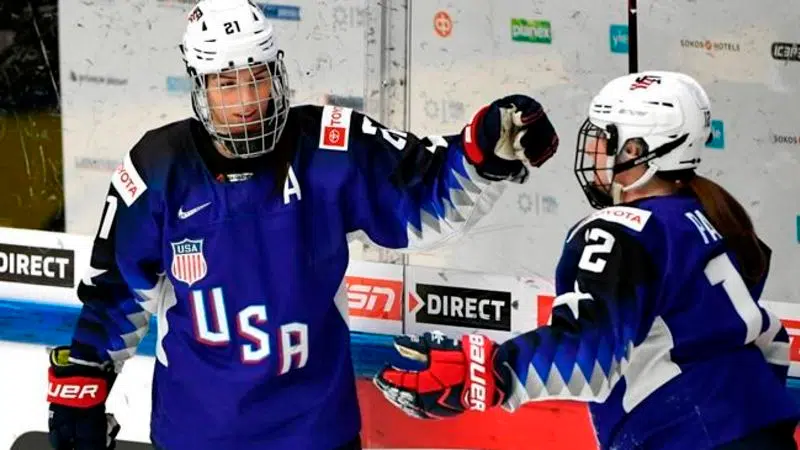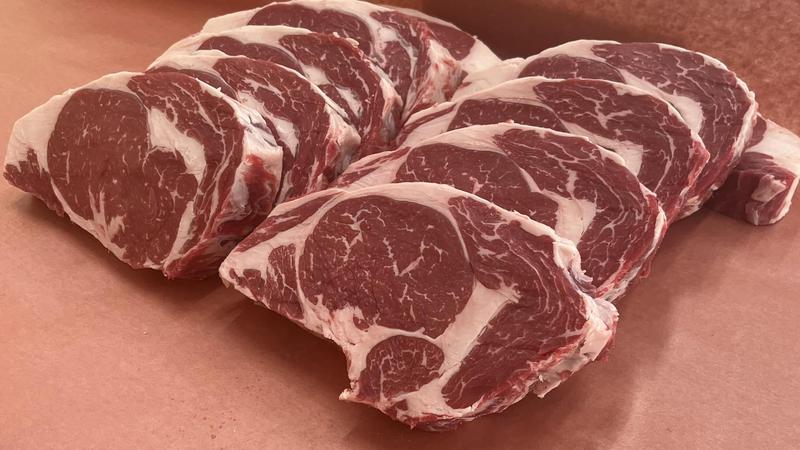
Women’s players hope NHL steps in to create new league
Meghan Duggan need only look around sports to get excited about what an NHL-run women’s hockey league might look like.
The NBA did it with the WNBA. Soccer leagues in Europe and the U.S. have done it. And that was enough for the 2018 U.S. Olympic gold-medal winning captain and more than 200 fellow players to take a leap of faith by pledging not to play in North America this year to try to get to the point where there is a single, economically viable professional league.
“History has told all of us that startup women’s professional leagues thrive and are very successful when working with an existing professional league,” Duggan said. “That’s definitely something I think that we would be excited about. But this is just the first step in getting there.”


